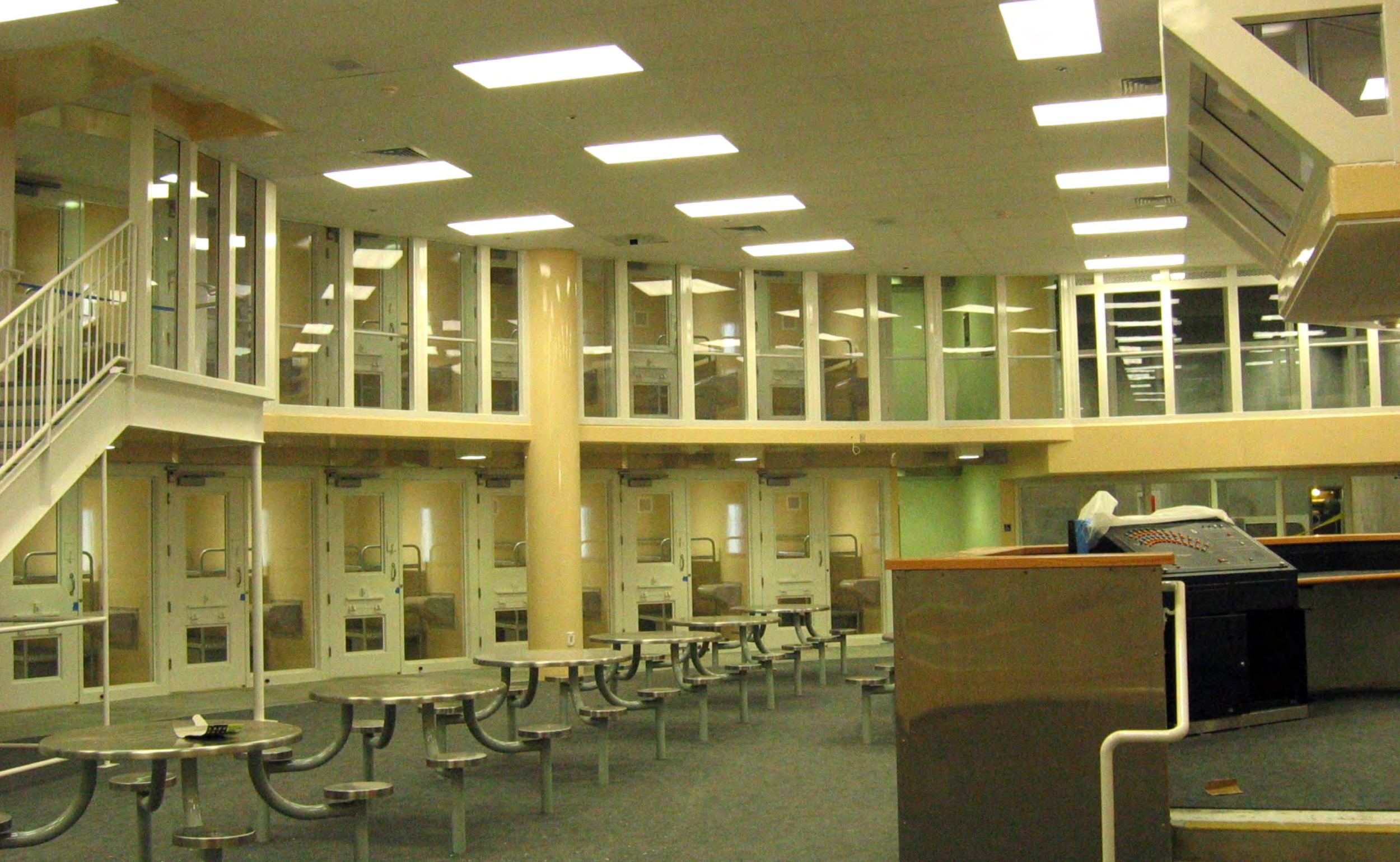The city is contesting claims that a lack of sunshine in one of San Francisco’s jails is taking a mental and physical toll on inmates—with one saying the lightless conditions made his skin “translucent.”
In new filings in the federal case, attorneys for the city say there’s no evidence of direct harm from lack of sunlight and no proof that it rendered anyone’s skin see-through.
The recent filing counters claims of deteriorating health by several inmates, including a detainee who said he suffers from a number of maladies such as headaches and a “total lack of color in the skin” that made it “translucent.”
Lawyers for the city say video depositions of that inmate suggest otherwise.
“Plaintiff Jose Poot declares under oath in a declaration attached to plaintiffs’ summary judgment papers that he has ‘lost all color in his skin,” the city’s filing states. “In fact, the videos of his depositions taken on January 1, 2022, and March 3, 2022, make abundantly clear that he, too, has maintained pigmentation in his skin.”
The city says there’s little evidence to support allegations from other inmates, too, and that their health problems stem from “the challenging conditions of confinement.”
The filings mark the latest development in the class-action lawsuit, which traces the dearth-of-sunlight issue to Sheriff Paul Miyamoto putting an end to outside yard time because of Covid lockdowns and staffing issues, among other things. Attorney Yolanda Huang, who’s representing detainees, is trying to force officials to give inmates time in the sun.
Sunlight deprivation can worsen diabetes, cause dementia-like symptoms and heart problems as well as changes in skin color and psychiatric issues such as depression, according to court documents.
While the sunlight issue is a point of contention in court, it seems concerning enough for jail physicians to prescribe nearly 150 inmates—of roughly 800 in county lockup—vitamin D supplements, as The Standard previously reported.
Huang’s clients are among 138 inmates given vitamin D supplements, as well as 64 who take multivitamins that include vitamin D. While the city wouldn’t say how many supplement recipients are given the vitamin for lack of natural light, most of San Francisco’s 800-plus inmates do not get direct sunlight—except when transported to and from court—because of pandemic health orders and staffing shortages.
The city has argued that while inmates get no outside time, it has taken steps to make up for it through the direction of Director of Jail Health Services Dr. Lisa Pratt.
The city claims inmates get both light and fresh air. For instance, city attorneys argue that inmates track the passing of day through diffuse light through cell windows, and exercise in an indoor space next to their cells where slats let in some air and light. Some light filters through windows in each cell as well.
The city doesn’t dispute that the jail has little to no direct sunlight; it just asserts that there’s not enough proof such conditions make inmates less healthy.
In response to claims of Montrail Brackens, for example, a plaintiff who blames the sunlessness for causing kidney issues and worsening his diabetes, the city argued that his lawyers failed to draw a direct link between his health problems and the lack of natural light or time outdoors. The city cast similar doubt on accounts from the other plaintiffs.
“Beyond vaguely opining that a number of jail conditions (including unrelated sleep disruptions) may cause inmates harm, there is no opinion that specific medical conditions of particular individuals were caused by a lack of out-of-cell time or outdoor access,” the city asserts in the answer it filed in the lawsuit.
The case is set to go to trial in the spring.
